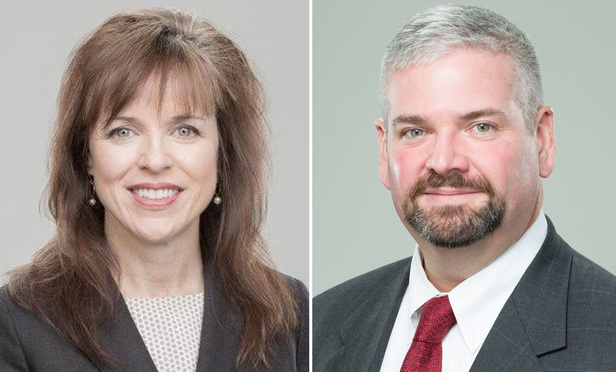Earlier this month, the Court of Appeals applied a pre-digital age law to digital age technology and addressed the question of whether intellectual property such as computer source code becomes “tangible” when it is saved to a computer hard drive. In the well-publicized case of People v. Aleynikov, the court upheld the conviction of former Goldman Sachs computer programmer Sergey Aleynikov for unlawful use of secret scientific material in a unanimous opinion written by Judge Eugene M. Fahey.
Background
The defendant worked on high-frequency trading software at Goldman Sachs. This software and its attendant infrastructure helped provide the firm a competitive advantage in trading. Defendant signed a confidentiality agreement acknowledging that any software he created was the property of Goldman Sachs and that defendant was prohibited from removing a copy of the software source code from the firm’s network. In the Spring of 2009, defendant accepted a job offer from a Chicago-area startup that planned to develop its own high-frequency trading infrastructure and software. Defendant was hired to be the “head of infrastructure” and “the system architect” at a salary that was three times what he had made at Goldman Sachs.
This content has been archived. It is available through our partners, LexisNexis® and Bloomberg Law.
To view this content, please continue to their sites.
Not a Lexis Subscriber?
Subscribe Now
Not a Bloomberg Law Subscriber?
Subscribe Now
LexisNexis® and Bloomberg Law are third party online distributors of the broad collection of current and archived versions of ALM's legal news publications. LexisNexis® and Bloomberg Law customers are able to access and use ALM's content, including content from the National Law Journal, The American Lawyer, Legaltech News, The New York Law Journal, and Corporate Counsel, as well as other sources of legal information.
For questions call 1-877-256-2472 or contact us at [email protected]


 Lynn K. Neuner and William T. Russell Jr.
Lynn K. Neuner and William T. Russell Jr.
